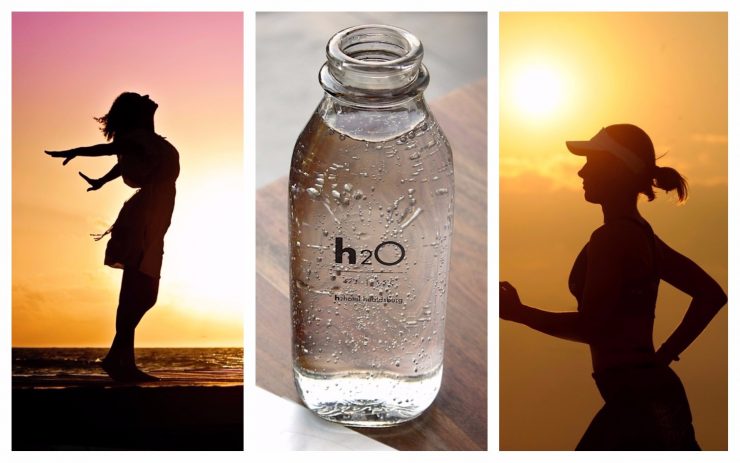With the exception of skin cancer, breast cancer is the most commonly-diagnosed cancer among American women. Most women want to know what they can do to lower their risk of developing breast cancer.
While some risk factors that are associated with breast cancer are beyond your control – being a woman, your age, and family history, for example – there are many choices you can make to ensure your breast cancer risk is as low as possible.
1. Watch That Weight
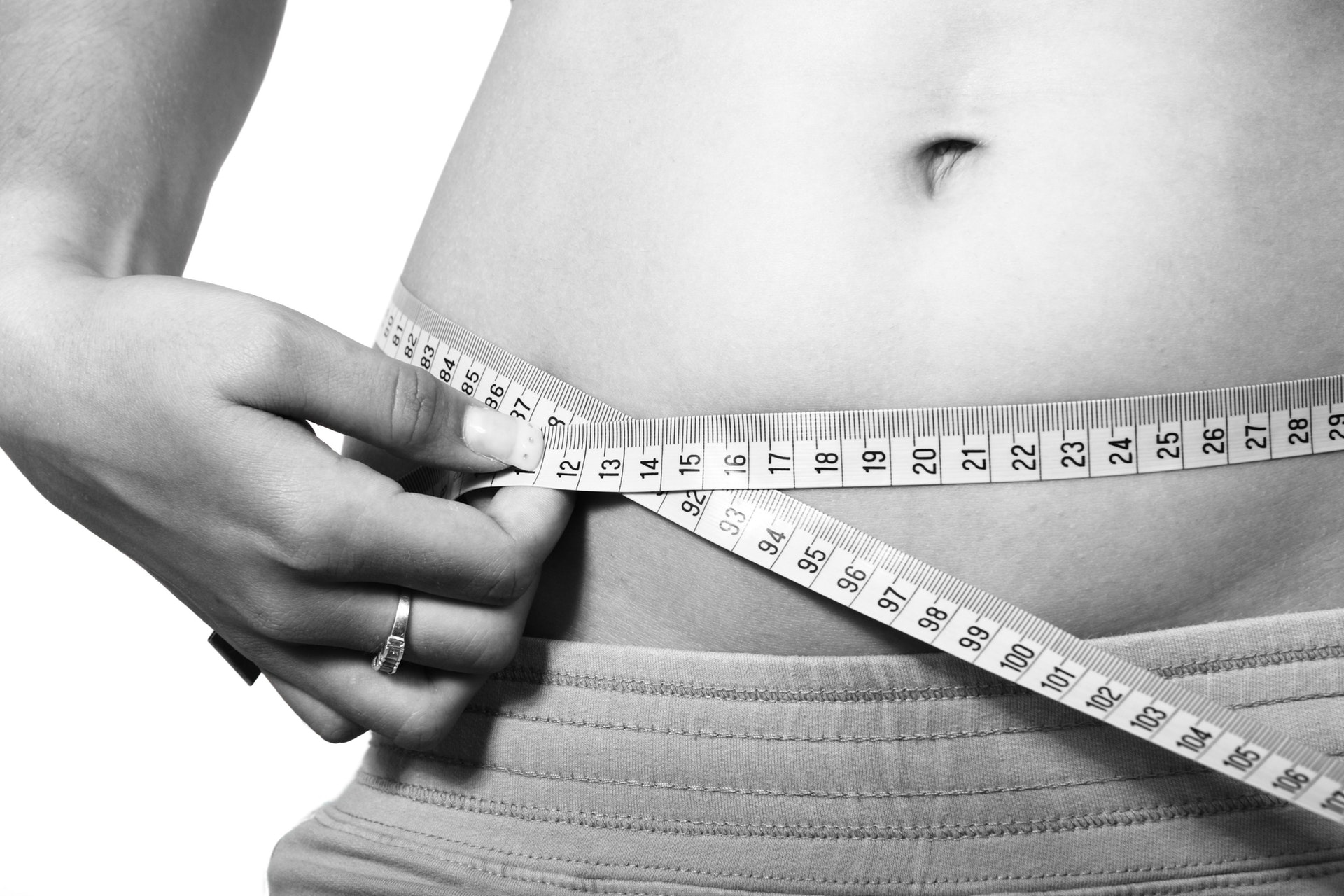
Overweight and obese women run a much higher risk of being diagnosed with breast cancer. The reason for this is because fat cells make estrogen. Extra fat cells mean more estrogen in the body, and estrogen can make hormone-receptor-positive breast cancers (the most common kind) develop and grow.
2. Choosing To Have A Baby
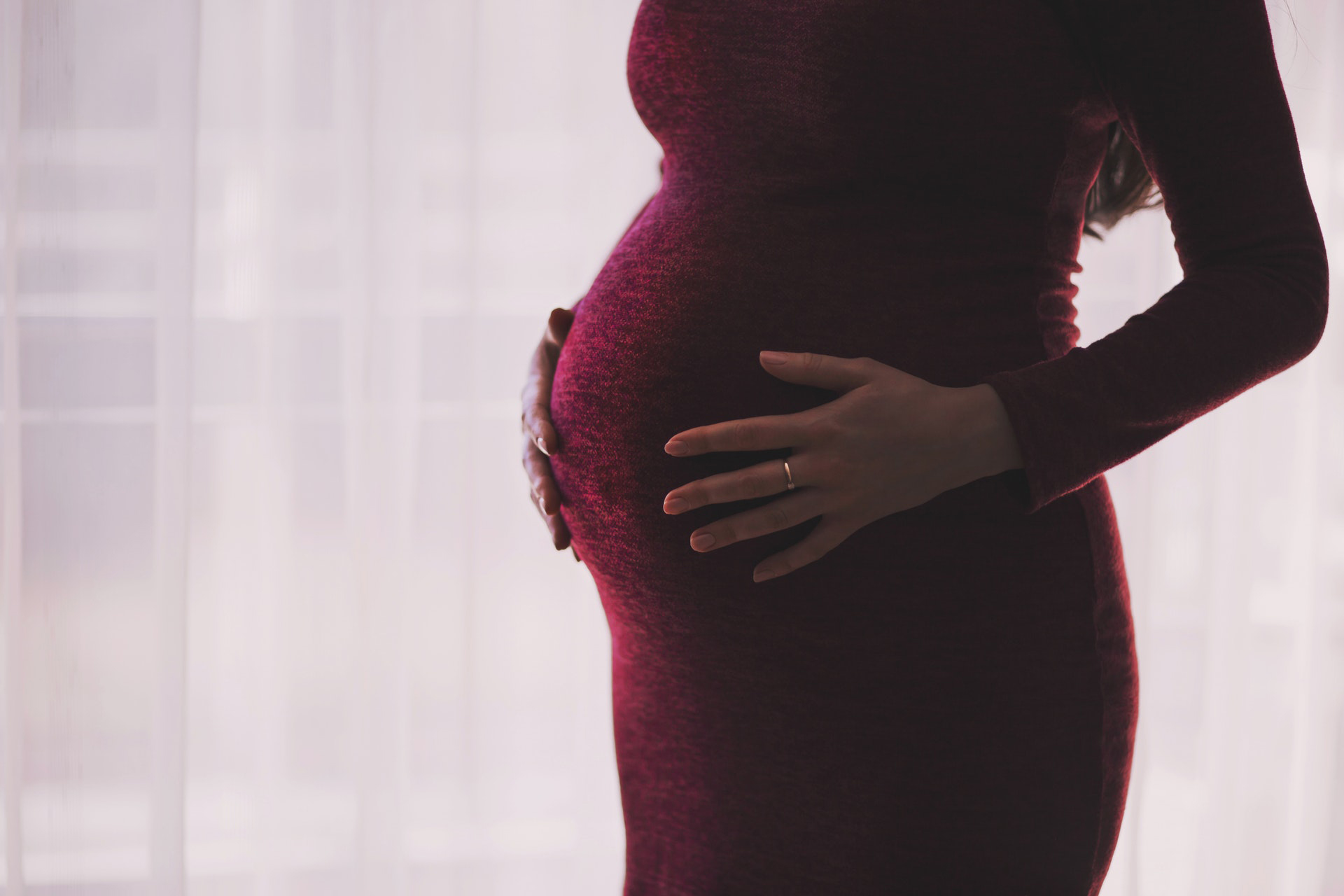
Believe it or not, whether and when you choose to have children can affect your chances of being diagnosed with breast cancer. Women who haven’t had a full-term pregnancy or have their first child after age 30 have a higher risk of breast cancer compared to women who gave birth before age 30.
The next item is something a lot of people don’t think about.
3. Exposure To Chemicals In Food
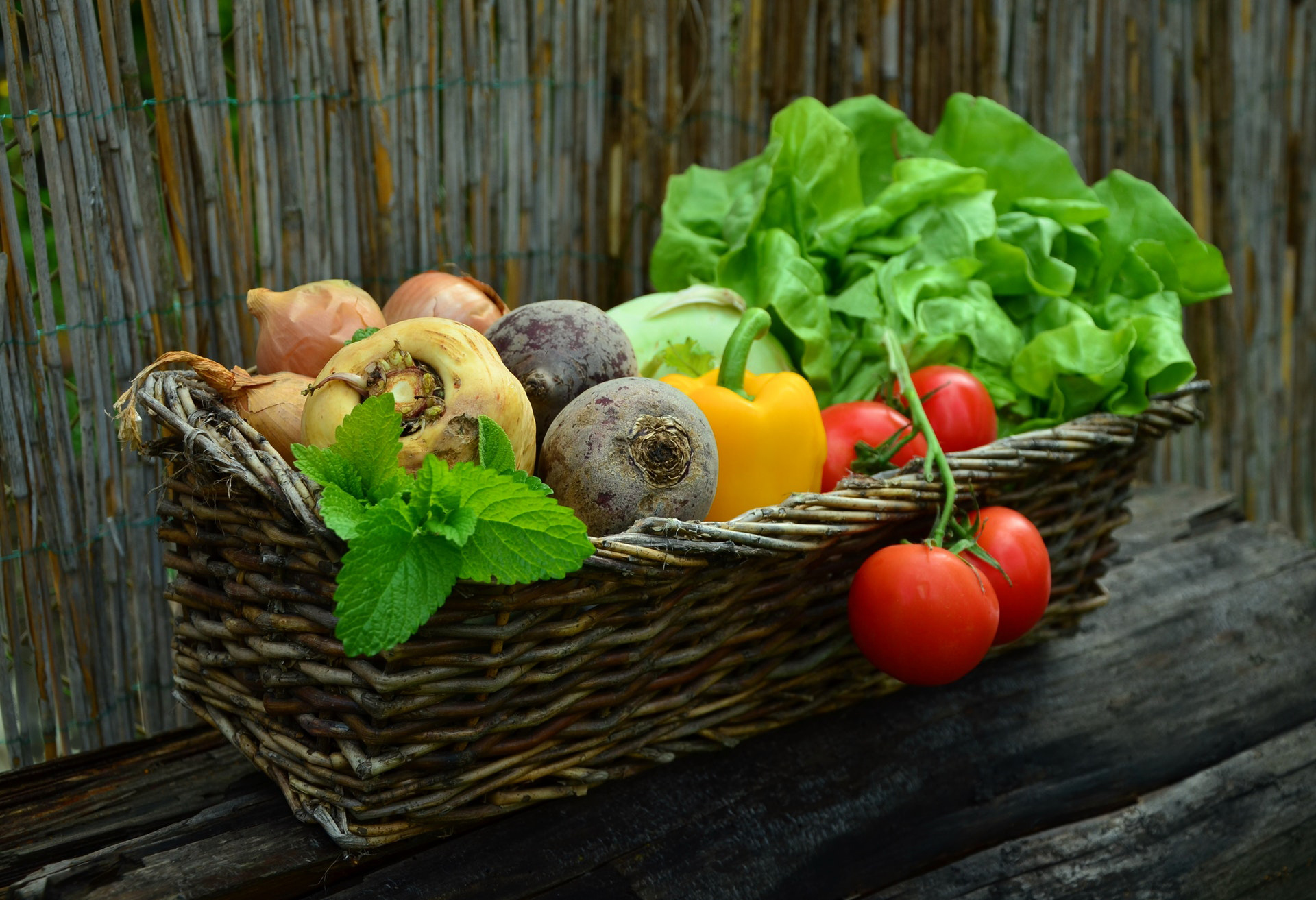
No studies so far show a direct connection between pesticide exposure and an increased risk of breast cancer in people. Still, some of the most commonly-used pesticides have been shown to mimic estrogen in laboratory animals and increase estrogen production. In this case, it might be wise to employ a “better safe than sorry” principle.
4. No Smoking

Add another thing to the list of stuff that makes smoking bad for you. Smoking is linked to a higher risk of breast cancer in younger, premenopausal women and even second-hand smoke exposure carries a higher breast cancer risk in postmenopausal women. Smoking can also increase the risk of complications of breast cancer treatments.
5. Get Moving

Research shows that there is a link between exercising regularly at a moderate or intense level for four to seven hours a week and a lower risk of breast cancer. That’s because exercise helps to control blood sugar and limits your blood levels of insulin growth factor, a hormone that can affect how breast cells grow and behave.
I was surprised to learn about the next item, something that every parent of young girls should know.
6. Menstrual History

Women who started menstruating (having periods) younger than age 12 have a higher risk of breast cancer later in life. Over the past 15 years, girls have been starting puberty at increasingly younger ages. This shift has been attributed to the obesity epidemic and exposure to hormone disruptors. Girls who maintain a healthy weight and exercise regularly may be able to prevent early puberty.
7. Check Your Density

A good way to protect yourself is to learn whether you have dense breasts. When you have more tissue than fat in your breasts, something that’s common in younger women, it makes cancer harder to detect on a mammogram. Since having dense breasts makes your cancer risk up to 6 times higher, you can protect yourself by asking your doctor about enhanced screening options.
8. Limit The Alcohol

Research has consistently shown that drinking alcoholic beverages increases a woman’s risk of breast cancer. Compared to women who don’t drink at all, women who have three alcoholic drinks per week have a 15% higher risk of breast cancer. It’s estimated that the risk of breast cancer goes up another 10% for each additional drink women regularly have each day.
Read on for another surprising thing to take into consideration.
9. Minimize Radiation Exposure
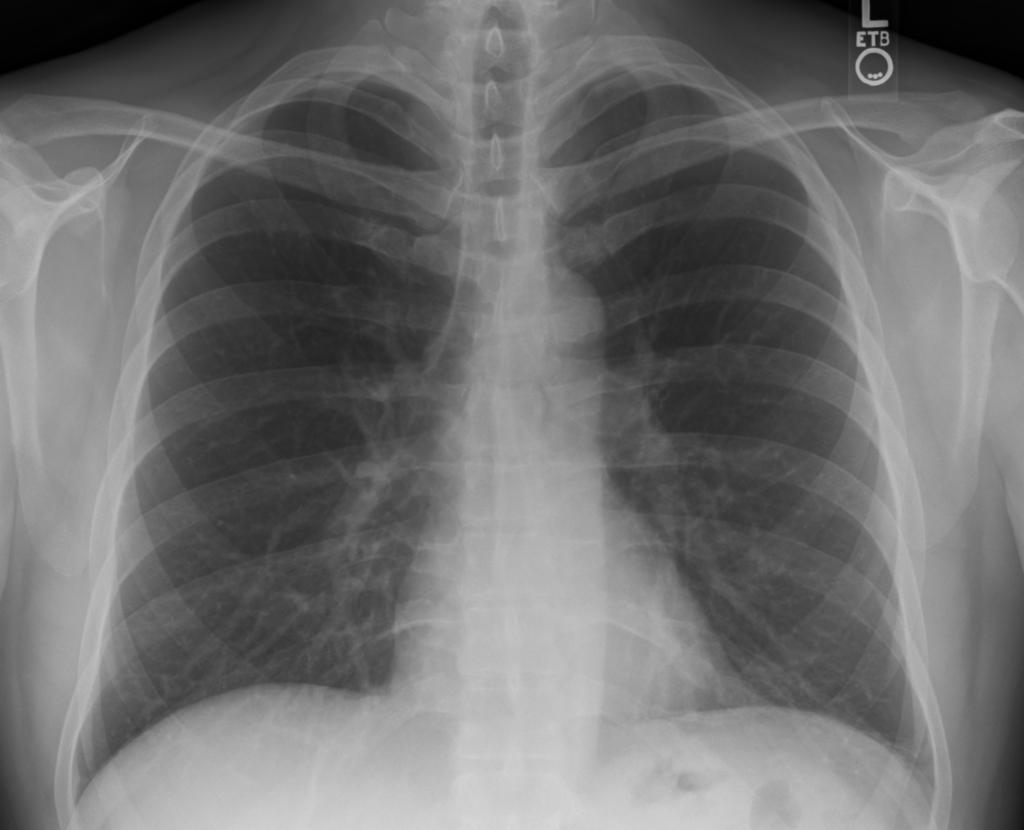
Most of us don’t even think about it, but routine tests such as x-rays and even mammograms all expose us to radiation, which increases the risk of cancer. That doesn’t mean you shouldn’t have the screenings done, however.
Usually, radiation exposure is outweighed by the possibility of diagnosing a potential medical problem. Just make sure you understand the reason why your doctor is wanting an x-ray or test, and if you’re not certain you need it get a second opinion.
10. Limit Hormone Replacement Therapy
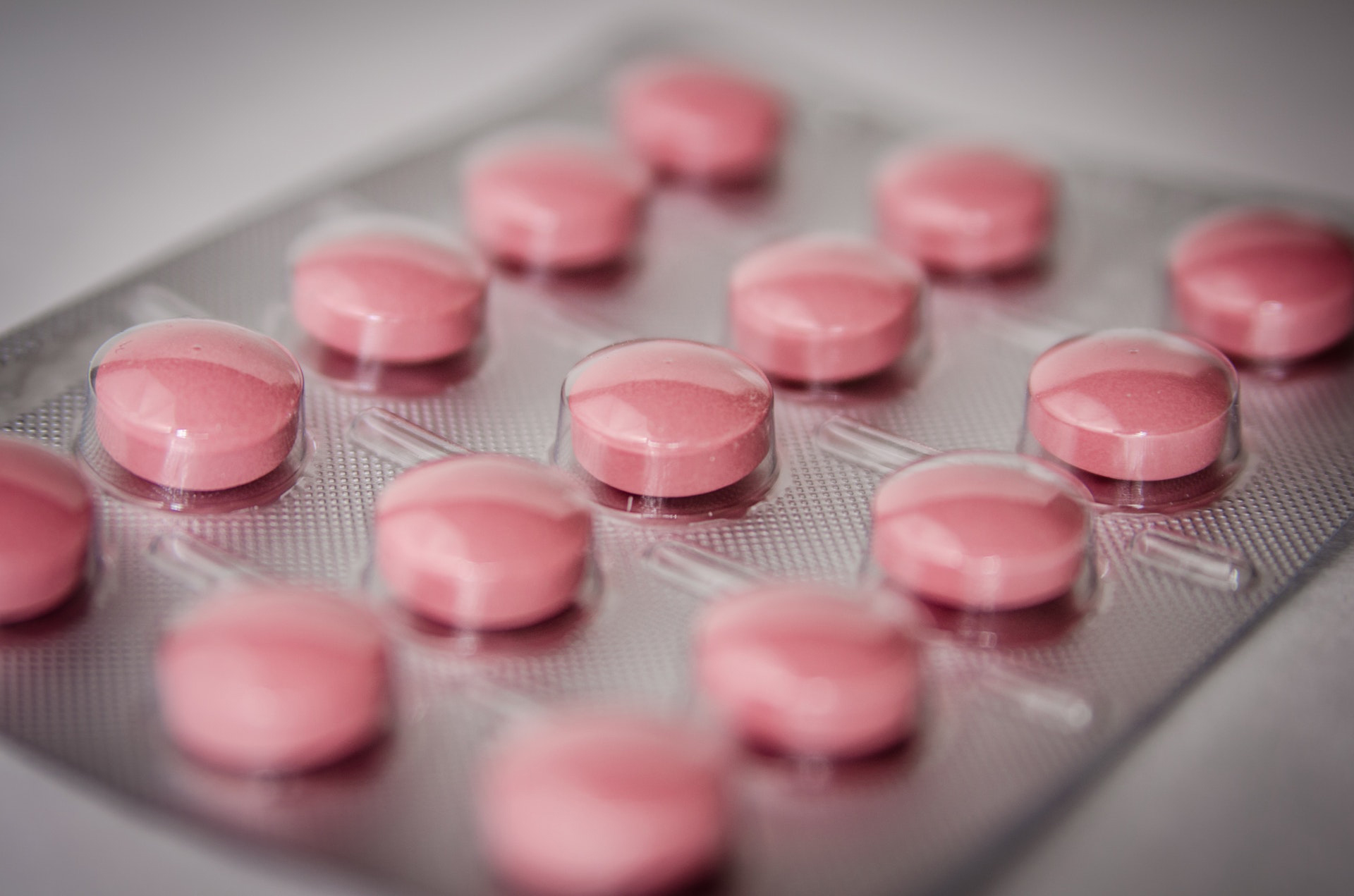
Research has found that long term use of hormone replacement therapy (HRT) to help manage menopausal symptoms such as hot flashes, fatigue, and bone loss increases a woman’s risk of breast cancer significantly. If you do opt for HRT, the National Institutes of Health recommends that you and your doctor reevaluate the decision every 6 months.
11. Maintain A Healthy Diet

Have you ever heard of a carotenoid? These nutrients are found in many fruits and vegetables such as leafy greens, carrots, and red peppers. Harvard researchers recently found that women who had the highest carotenoid levels in their blood had a 19% lower risk of breast cancer than those with the lowest levels. Eating a diverse diet of five or more servings of fruits and veggies a day is the best way to make sure your body gets the nutrients it needs.
12. Get Your Vitamin D

It’s been suggested that vitamin D plays a role in controlling normal breast cell growth and may be able to stop breast cancer cells from growing. The trouble is, most vitamin D is made when an inactive form of the nutrient is activated in your skin when it’s exposed to sunlight.
With many women limiting their sun exposure, vitamin D deficiencies are becoming more common. Talk with your doctor about whether you might need a vitamin D supplement.
13. Light Exposure At Night
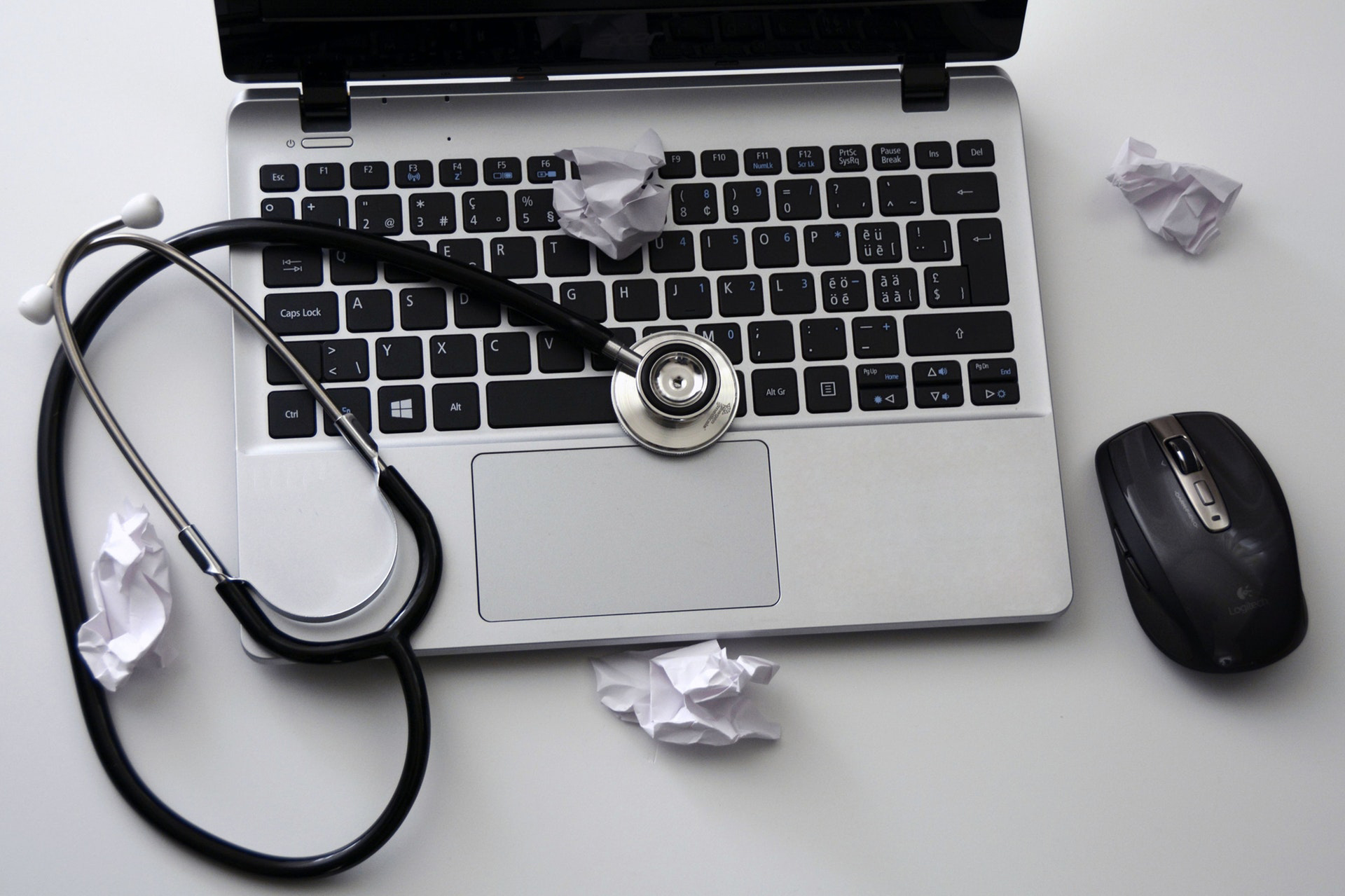
The surprising results of several studies suggest that women who work at night – doctors, nurses, and police officers, for example – have a higher risk of breast cancer compared to women who work the same jobs during the day.
Researchers believe the increase in risk may have something to do with the hormone melatonin, which plays a role in regulating the body’s sleep cycle.
I had no idea the next thing had anything to do with cancer.
14. Don’t Burn Your Meat

Eating burned meat not only tastes bad, it’s bad for your health. When meat is cooked at high temperatures a group of chemicals called heterocyclic amines (HCAs) forms. The longer and hotter the cooking, the more HCAs form, especially in the blackened parts of the meat. The National Cancer Institute has identified 17 HCAs that increase the risk of cancer.
Another group of chemicals – polycyclic aromatic hydrocarbons (PAHs) – form in smoke produced when fat burns or drips on hot grill coals. PAHs have been linked to breast cancer. Keep those fires low, gals.
15. Watch The Plastics
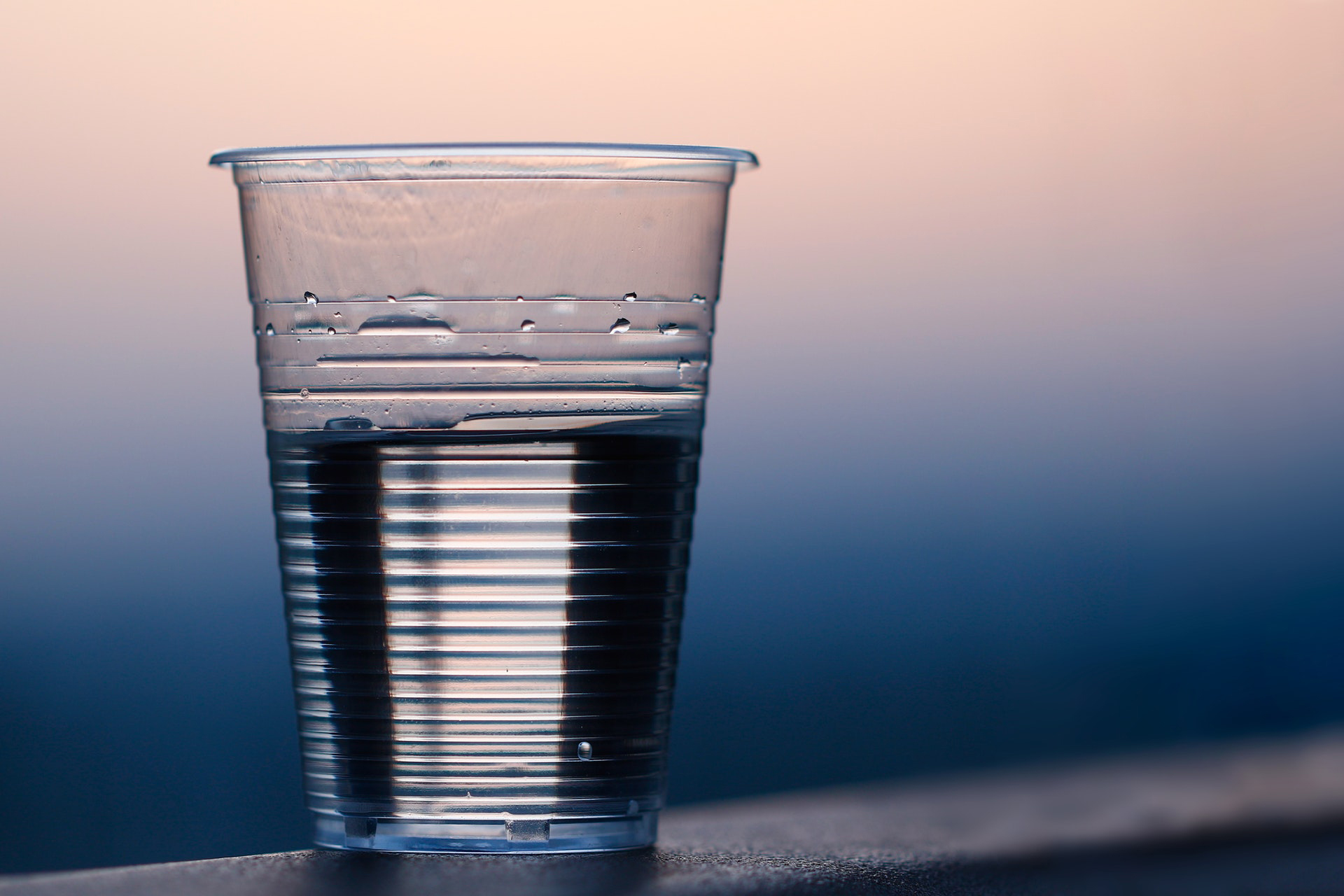
Chances are high that you’re exposed to many plastic products every day. Research strongly suggests that at certain exposure levels, some of the chemicals in these products, such as bisphenol A (BPA), may cause cancer in people.
BPA is a weak synthetic estrogen found in most plastic products like food and beverage containers, some disposable plates, and toiletry bottles. Like many other chemicals in plastics, its estrogen-like activity makes it a hormone disruptor. Because estrogen can make hormone-receptor-positive breast cancer develop and grow, many women choose to limit their exposure to these chemicals that can act like estrogen.
16. Limit Junk Food
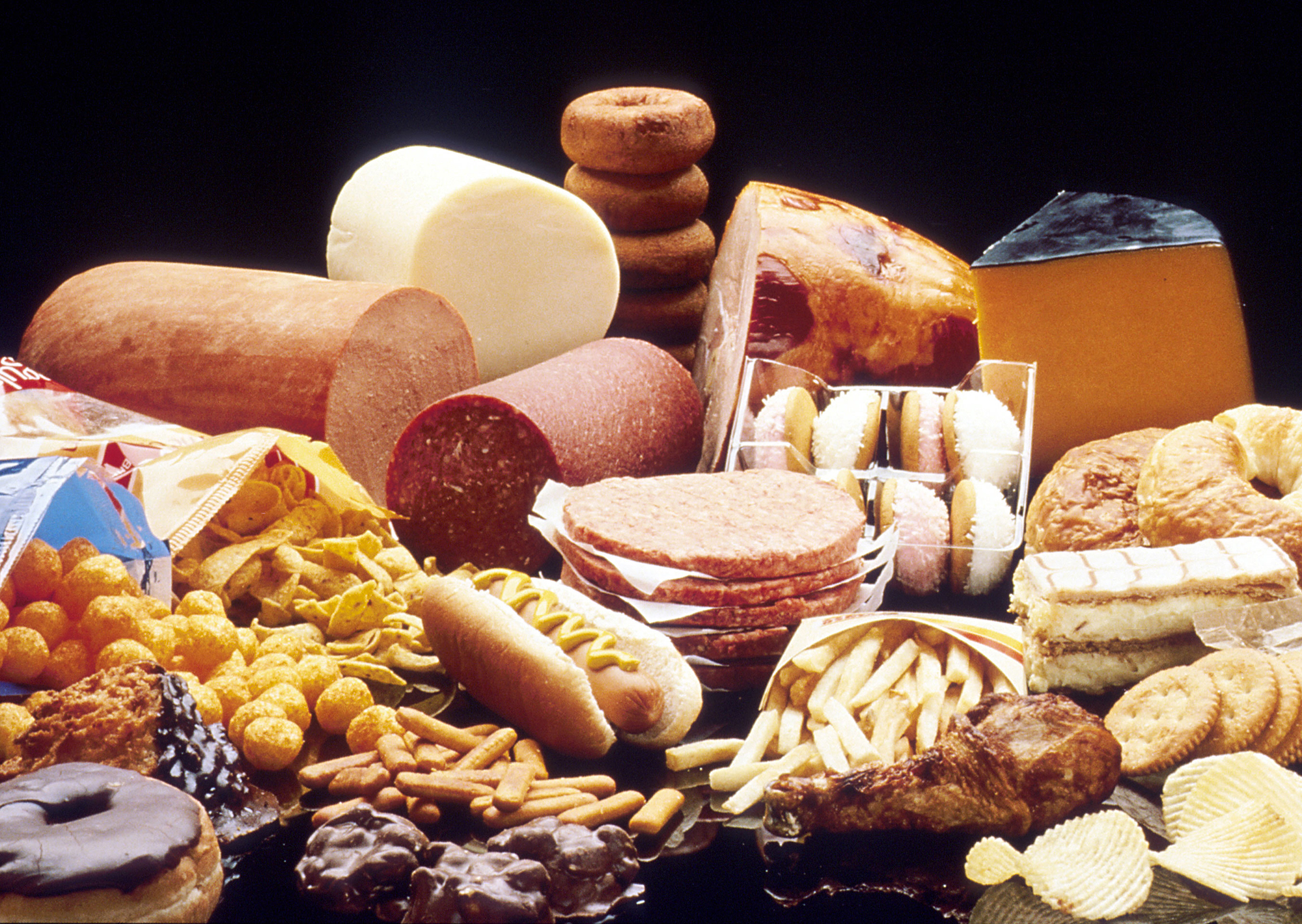
We talked about the importance of a healthy diet, but just as important is the other side of the coin. Try to eat no more than 30 grams of fat per day and get no more than 10% of your calories from saturated fat. Avoid trans fats and processed meats, which are often filled with sodium and nitrates.
17. Stay Hydrated The Right Way
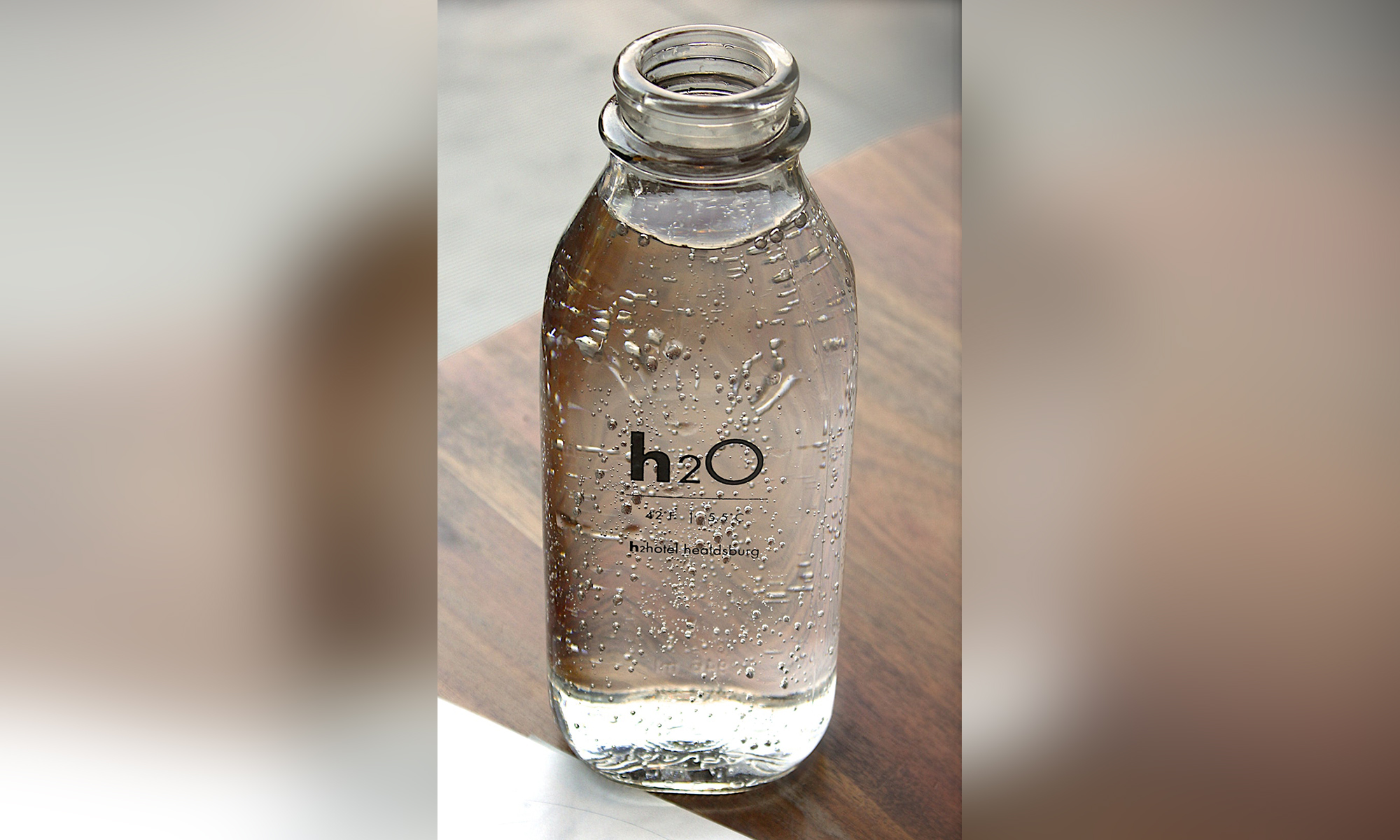
Skip the sugary super size drinks and keep your body hydrated with good old H2O. If you choose to drink bottled water, be sure to look for either glass bottles or BPA-free plastic bottles.
Research has shown that when plastic bottles get warm in the car, the chemicals can leech into the water, something that can negate the benefits of drinking the water in the first place.
18. Learn To Relax

It’s well-known that high levels of stress can cause all kinds of health problems. A British study concluded that women who reported severe stress in the previous five years were 50% more likely to have breast cancer. Try giving yoga or meditation a try to give your brain and body a break.
19. Catch Some Zzzs
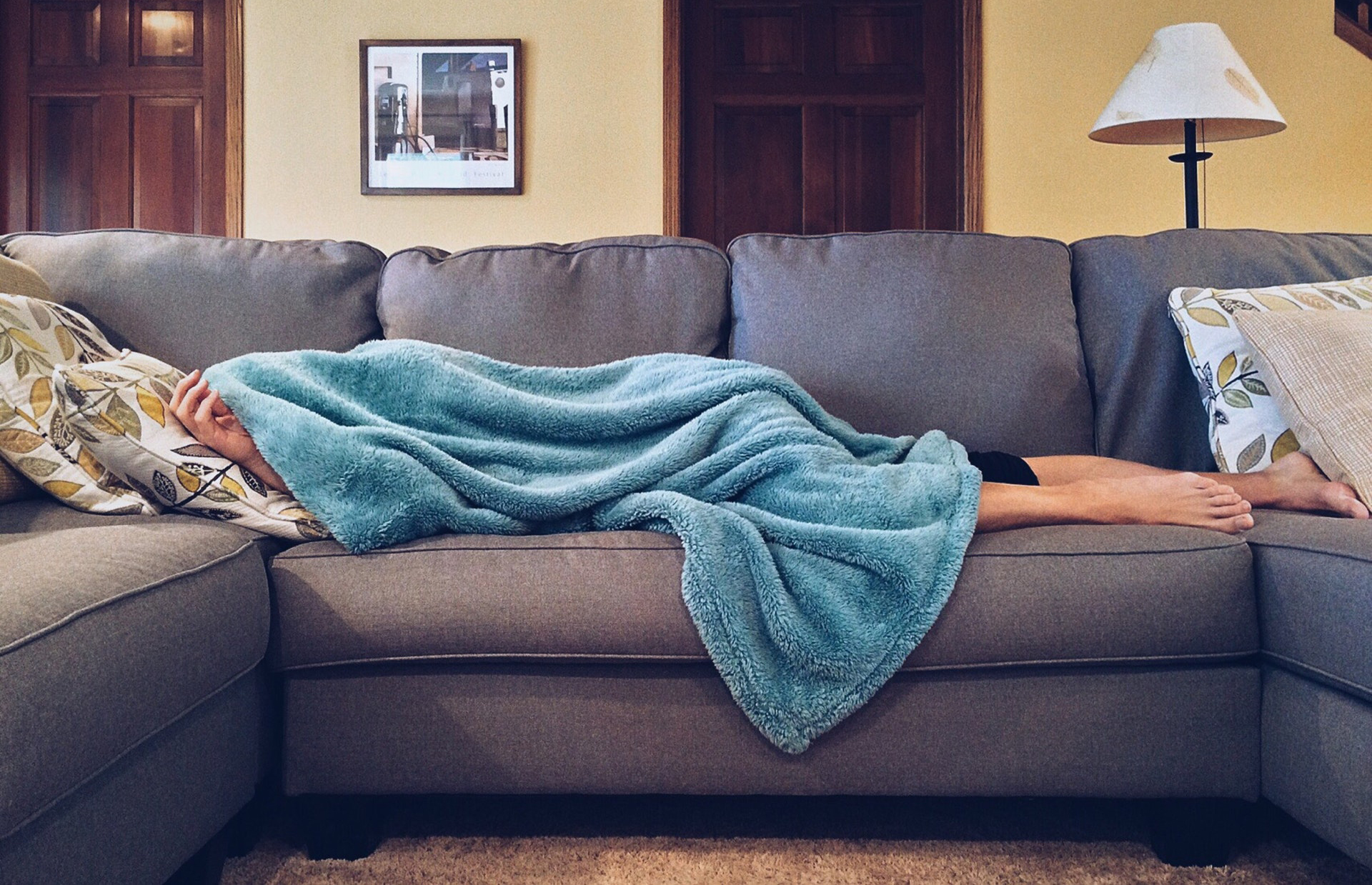
Sleep is not only your friend, it’s necessary for good health. A study published in August 2012 showed an association between less sleep and development of aggressive forms of breast cancers in women.
If you suffer from chronic sleep issues, work with your physician to find the underlying cause and correct it.
20. Early Detection Is Key
According to the American Cancer Society, the five-year survival rate for breast cancer that’s found early and confined to the breast is 99%. Those are pretty good odds. Conduct monthly self-exams to become familiar with how your breasts feel normally so that you can report any changes in appearance or feel to your doctor. If you’re of average risk (no family history) start yearly mammogram screenings at age 50. If you are at a higher risk of breast cancer, your doctor may recommend you start screenings in your early 40’s instead.


